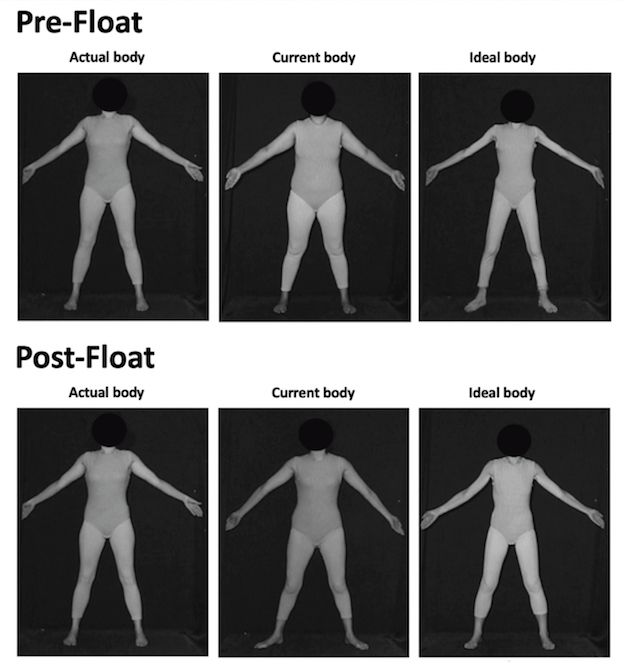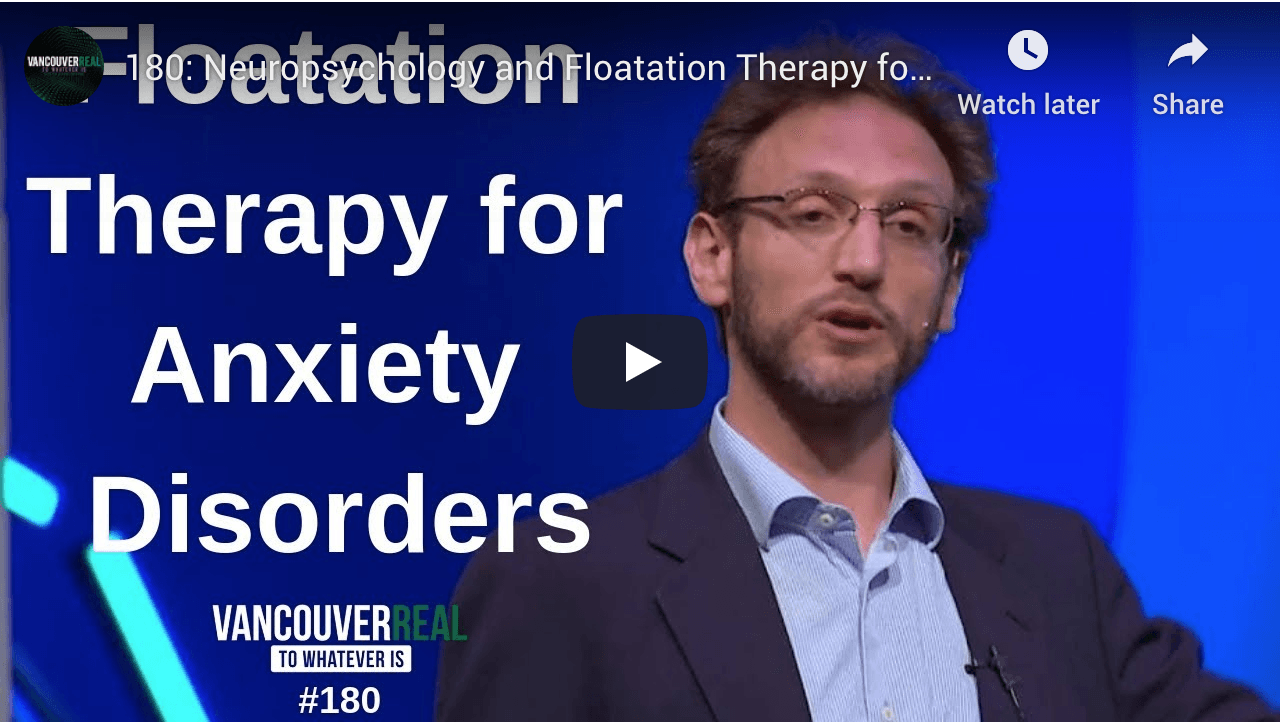IMAGE - Have you tried sensory deprivation?
Clinical Floatation • November 13, 2020
A curious cynic, Holly O' Neill is looking to separate the fads from the fascinating by trying out unconventional wellness practices....
"Once you get into the tank and have marvelled at your own buoyancy, flicked the lights on and off to see if you're scared (I am a bit, initially), and rolled around, everything relaxes. When your thumb has stopped involuntarily scrolling, and your brain stops telling you to refresh your emails, you relax your shoulders, unclench your jaw, move your neck around, straighten your back, release your tongue from the roof of your mouth, and loosen your hands.
Read More
Related: Thinking of joining a book club? It may improve your wellbeing
And when you've really settled in, and you're floating, naked and spread out like a starfish in a silent, black pod with a quiet mind, there comes a point when the temperature of the water, which is body temperature, becomes indecipherable from the air in the pod.
The lack of light and sound reduces your sense of touch, so when I reach that meditative state, it doesn't feel like I'm in a pod, in water, or in anything at all. It's like floating in nothingness or drifting in space.
If you have 15 tabs open in your brain at any one time, three to-do lists on your desk, and find you're doing everything and achieving nothing, flotation therapy is the one for you."

In the summer of 2022, the Float Research Collective (FRC) was officially formed as a 501(c)(3) nonprofit organization. Its mission is to establish worldwide acceptance for Floatation-REST (Reduced Environmental Stimulation Therapy) as a treatment to naturally relieve pain, stress, anxiety and other related conditions.
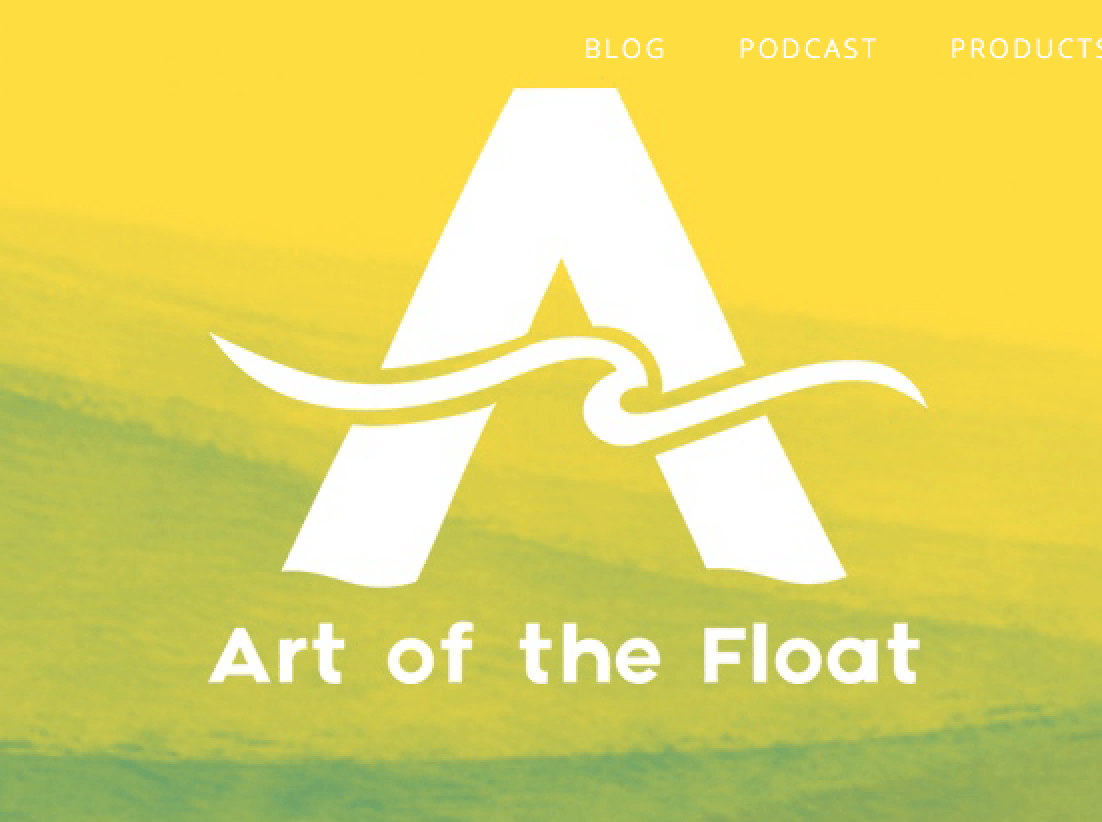
Dr Justin Feinstein has some big changes to announce. In part one of his interview with Art of the Float he discusses his new Float Research Collective initiative and his new float centre in Maui. He is also looking for float centres to help him gather publishable data to help increase awareness and evidence for the benefits of floatation therapy. Click here to listen to part one of the interview, and see how you can get involved with Dr Feinstein! In part two of his interview with Art of the Float, he talks more about his decision to leave LIBR, move to Maui, and start a Float Research Collective designed to advance the research on the benefits of floatation therapy using float centres all over the country! Click here to listen to Dr Feinstein discuss the incredible effects of floating on stress, anxiety and depression, as well as find out how you can get involved in his ongoing research. If you would like to get involved, sign up for newsletter updates here .

Los Angeles resident Megan Holiday was looking for a little peace and quiet. As an on-air personality at KROQ radio station and host of her own podcast, 7 Words, the busy, media-savvy DJ found a potential source of respite through some of her favorite entertainment outlets. "I first began hearing about deprivation tanks on podcasts — Joe Rogan, Duncan Trussell Family Hour — and it was in hearing them talk about the experience that my level of interest began to peak," she writes via email. "They talked about how it was the ultimate meditation experience, a place to fully disconnect from outside stimulus and go inward. As someone who deals with anxiety on a daily basis, I use meditation as a way to cope and felt that the deprivation tank could also be a new resource for me." Holiday isn't alone: Since the 1950s, people have been dabbling in a practice known as restricted environmental stimulation therapy (REST), a type of intervention rooted in sensory deprivation (i.e., cutting off your senses of sight, smell, hearing, etc.), often through the use of a special chamber known as a deprivation tank. Studies have found that REST may be a useful stress-management tool, a successful treatment of addictive behaviors and a potential adjunct therapy for generalized anxiety disorder (GAD). Not to mention, even "The Simpsons" partook in the experience in the 1999 episode, "Make Room for Lisa." If you, like me, are wildly claustrophobic and the idea of a "deprivation tank" (also known as a "sensory deprivation tank," "flotation tank" or "isolation tank") terrifies you to your core, then perhaps you've written off the therapy altogether. But there's a lot more to the nontraditional method than you may know....... read the full article here
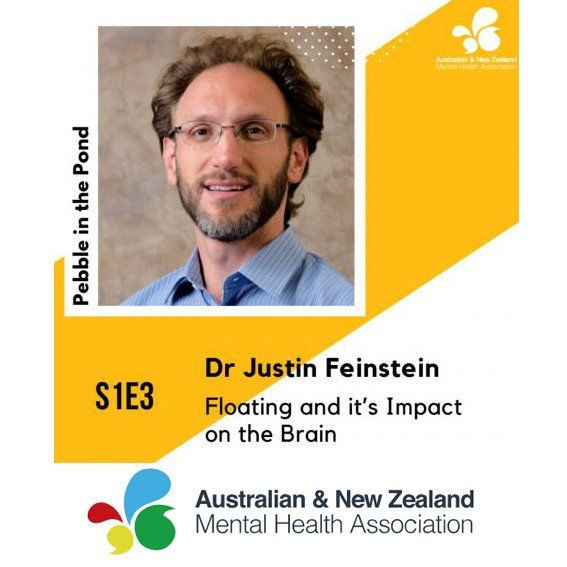
Commonly referred to as floating, floatation therapy or sensory deprivation has taken the world by storm, praised by celebrities and clinical professionals alike for its relaxing effects on both mind and body. Dr. Justin Feinstein is a Clinical Neuropsychologist and Director of the Float Clinic and Research Centre at the Laureate Institute for Brain Research. His laboratory investigates the effects of floatation therapy on both the body and the brain, while also exploring its potential as a treatment for promoting mental health and healing in patients who suffer from anxiety and stress-related disorders. Justin’s research has been published in a number of top scientific journals and has been featured in press around the world, including the New York Times, TIME magazine, and Australia’s Sunday Night.




